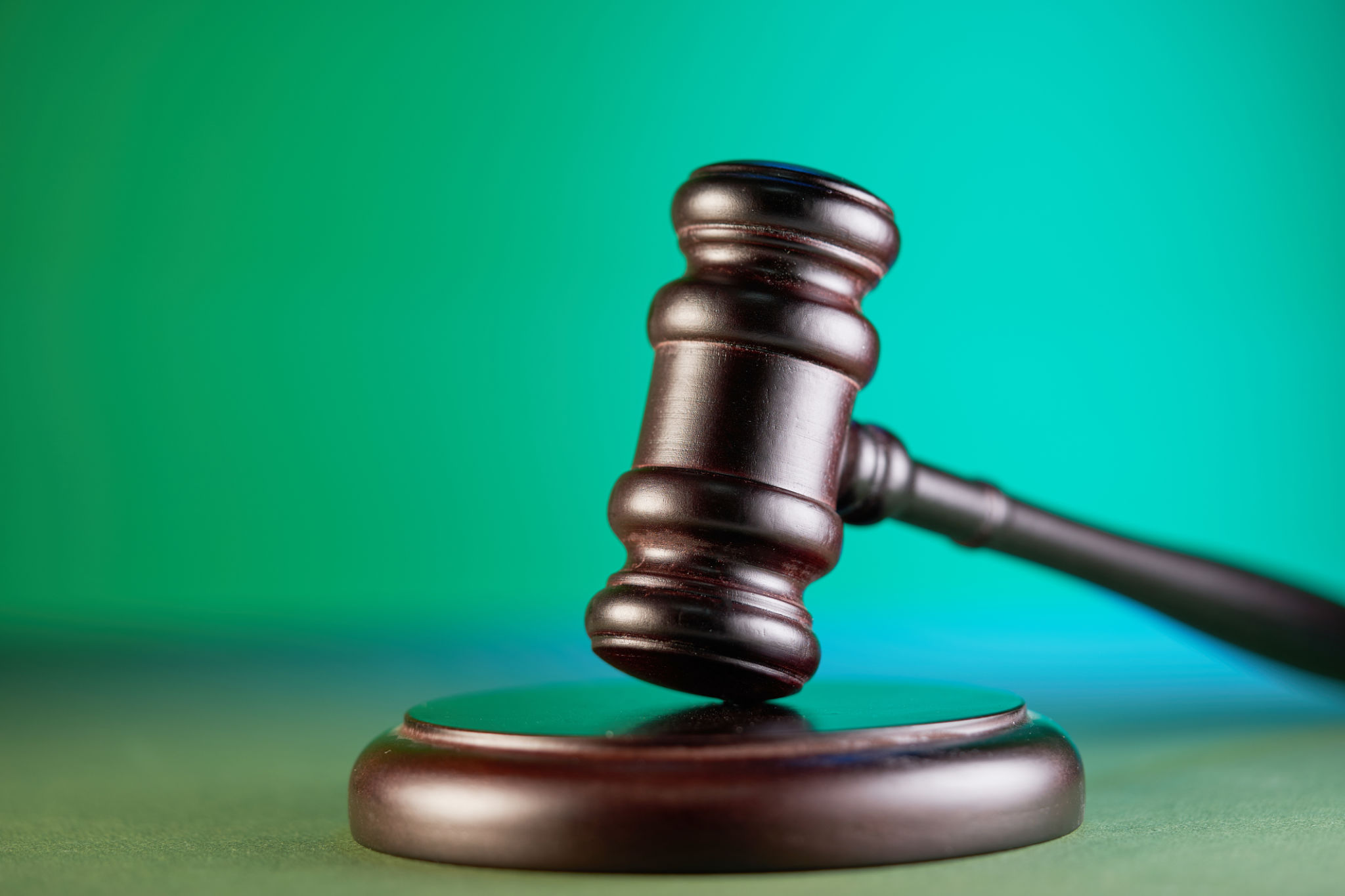How to Maximize Value with Auction Consignment Services in NY
Understanding Auction Consignment Services
Auction consignment services offer a unique opportunity for individuals and businesses to sell items through professional auction houses in New York. These services are a valuable option for those looking to maximize the value of their items, whether they are antiques, collectibles, or other valuables. Understanding how auction consignment works can help you make informed decisions and potentially increase your returns.

The Benefits of Using Auction Consignment Services
The primary advantage of using auction consignment services is the access to a wider audience. Auction houses have established networks and marketing strategies that can attract serious buyers from across the globe. This exposure can greatly enhance the chances of achieving higher bids for your items. Moreover, auction houses typically handle all aspects of the sale process, including cataloging, marketing, and the final sale transaction.
Another benefit is the expertise these services bring to the table. Experienced appraisers and auctioneers can provide accurate valuations and recommend the best auction strategies to maximize your item's potential. This professional guidance ensures that your items are presented in the most appealing way possible to attract competitive bidding.
Choosing the Right Auction House
Selecting the right auction house is critical to maximizing the value of your items. Consider the reputation and specialization of the auction house. Some have expertise in specific categories like art, jewelry, or vintage cars, which can be beneficial if your items fall within these niches. Additionally, review their past auction results to gauge their success rate.

It's also important to understand the fee structure of the auction house. Consignment fees can vary widely, so ensure you have a clear understanding of what percentage of the final sale price will be deducted as commission. Some houses may also charge additional fees for insurance, photography, or marketing, so it's crucial to factor these into your decision-making process.
Preparing Your Items for Auction
Proper preparation of your items is essential for achieving maximum value. Start by thoroughly cleaning and inspecting your items for any damage or imperfections. Providing detailed information and provenance can significantly enhance buyer interest and trust. High-quality photographs are also crucial; they should capture your item's features and any unique details.
Working closely with the auction house can also aid in preparation. They may offer advice on restoration or suggest enhancements that could increase the item's appeal. Remember, first impressions are vital in auctions, so presenting your items in the best possible condition is key.

Understanding the Auction Process
Once your items are consigned, understanding the auction process will help you manage expectations. Auctions typically begin with a preview period where potential buyers can inspect items. This is followed by the live auction event, which may be conducted in-person, online, or as a combination of both.
During the auction, bidding will start at a predetermined price and rise as participants place higher bids. The auctioneer's role is crucial in driving interest and encouraging competitive bidding. Once bidding concludes, the item is sold to the highest bidder, and you'll receive payment after deducting consignment fees.
Post-Auction Considerations
After your item is sold, it's essential to review the outcome with the auction house. Discuss any feedback received from buyers or the auctioneer that could be useful for future consignments. Additionally, consider building a relationship with the auction house for future opportunities.
Reflect on the entire process to identify areas where you could improve or adjust your strategy for next time. Whether it's selecting different items, altering reserve prices, or choosing another auction venue, learning from each experience helps in maximizing value over time.